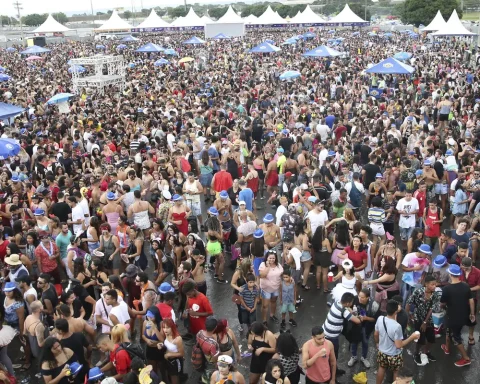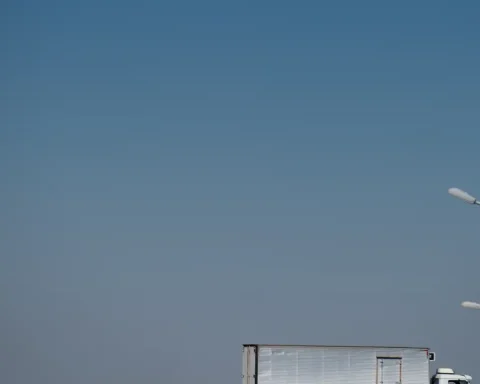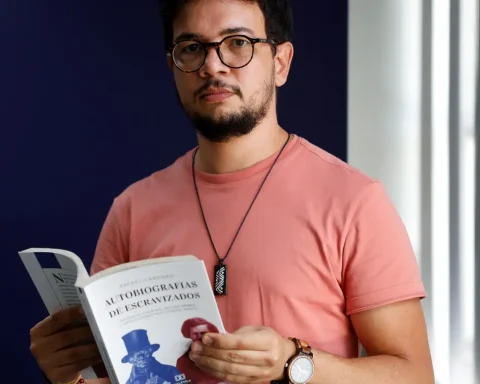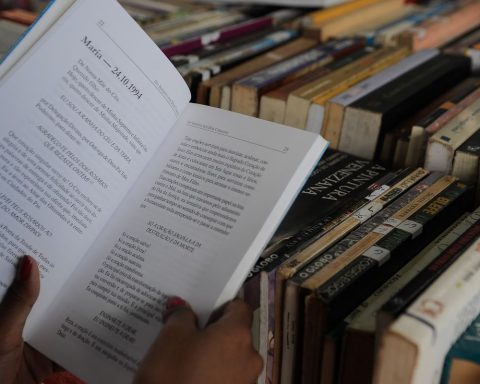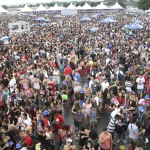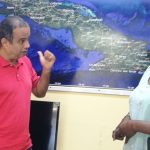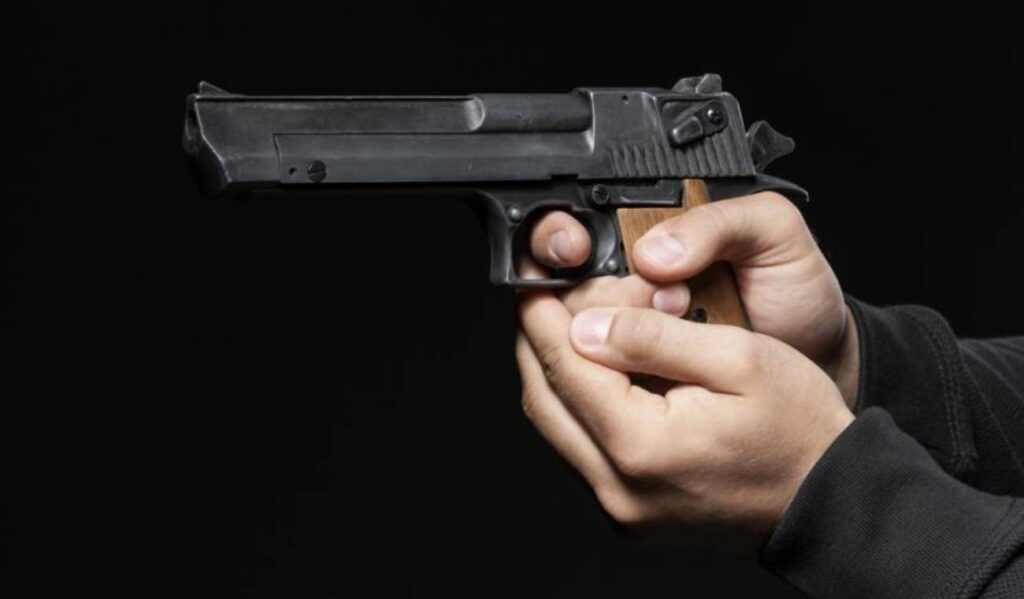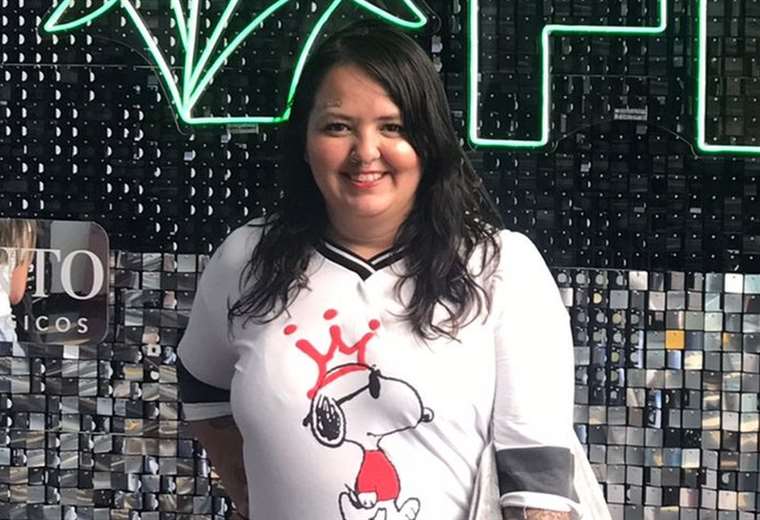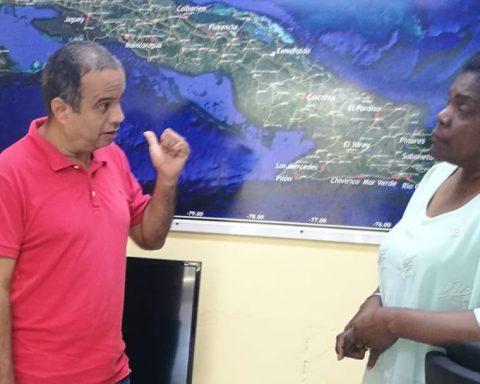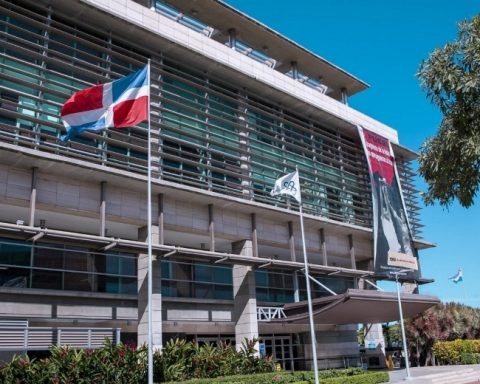At the Tokyo Paralympics (Japan), Brazil was not represented in only two modalities: basketball and wheelchair rugby. For both, however, the cycle of Paris (France) started well, with the classification of the selections to the respective World Championships. In the case of rugby, it will be the Brazilian debut in the eighth edition of the event.
The competition will take place in Velje (Denmark), between the 8th and 17th of October. The team will have a final stage of preparation, at the Paralympic Training Center (CTP), in São Paulo, between September 10 and 16, the month following the holding of the Brazilian Championship – first and second divisions – of wheelchair rugby, August 15th to 17th, also at CTP.
Unprecedented World Cup came third in the Americas Championship, held in Medellin (Colombia), in March. In the first phase, the Brazilians beat Chile (62-8) and Argentina (65-32) and were defeated by Canada (33-57), the United States (38-60) and the hosts (39-45). In the semifinal, the selection again did not resist the Canadians (35-52), but managed to rematch with the Colombians in the bronze dispute, making the hosts 54-52. The same ones that, in 2019, left Brazil off the podium at the Parapan American Games in Lima (Peru).
“In September, returning [do auge] of the pandemic, we made a selective with 42 athletes. We called 21 of them to a preparatory tournament in Colombia, until we closed on 12 names. It was a difficult process, especially due to the return of the pandemic. Many athletes, from different regions, did not have a court to train, due to sanitary barriers. We went to the Copa America with high expectations, but a plan aimed at the best physical condition for the bronze game”, described Rafael Gouveia, coach of the Brazilian team, to Brazil Agency.
“We’ve always fought with Colombia as the third power in the Americas, so we knew we had a chance. We did a specific job with them, who would be our direct opponents. [pelo terceiro lugar e a vaga no Mundial]since Canada [país onde surgiu o rugby em cadeira de rodas] and United States [prata em Tóquio e maior campeão mundial, com quatro títulos] They were a level above. We had more physical preparation, more hours of training and the group became more cohesive”, amended captain Guilherme Camargo.
The Medellin campaign was also marked by the death of Luiz Claudio Pereira, former president of the Brazilian Wheelchair Rugby Association (ABRC). Former Paralympic athlete in shot put, throwing (javelin and discus) and pentathlon, as well as the country’s fifth highest medalist in Paralympics (nine in all, six gold medals), he was the head of the delegation in Colombia and the trip would mark the end of the cycle in the entity. Luiz Cláudio’s death occurred the day before his debut in the Americas Championship.
“[O falecimento] It shook the group’s psychology a little, but at the same time, we were very mature. We knew how to close and strengthen ourselves. We were in contact with his relatives, who asked us to continue playing. We promised that we would bring the medal, which was his wish. We did our job and kept the promise”, recalled Guilherme.
“There were several problems on the trip. Loss of the suitcase, damage to the materials, we lost training because of this delay and then the death. A high psychological damage, but the group valued the medal even more, bought the strategy and had a very positive behavior before adversities”, highlighted Rafael, who took over the selection in April last year, through a selection process opened by ABCR, via public notice.
Brazil was drawn in Group B of the World Cup, the same bracket as Australia, Japan (current champion and bronze in Tokyo), Canada, Colombia and the hosts Denmark. In Group A, were Great Britain (current Paralympic champion), United States, France, New Zealand, Switzerland and Germany. The top two of each bracket advance to the semifinals. The teams that are in the third and fourth places will compete in a knockout for the fifth position, while the teams that are in the last two of the respective groups will compete for the ninth place in the championship.
“The key is not the easiest. Being very realistic, our expectation is to fight for fifth place [geral]. If we finish third or fourth in the group, depending on the results of Canada, we can cross with Germany, New Zealand or Switzerland, countries that we are focused on winning. The top 5 at the World Cup brings another perspective”, analyzed the captain of Brazil, currently ninth in the World Wheelchair Rugby ranking, the modality’s international federation.
“In the week of [treinamentos de] April, we carry out tests to see the entire body composition [dos atletas], fat mass and lean mass, tests of speed and resistance. Now knowing the opponents [o sorteio foi no último dia 7 de julho], we are preparing material about each game. We will have meetings online to arrive in September knowing what to face in training. we will travel earlier [para a Dinamarca]to adapt to the time zone, train and play friendlies and arrive at the tournament at the tip of the hooves”, described the Brazilian coach.
Towards Paris
The World Cup is the first step towards Paris, as the winner secures an early place for the Games. The next opportunity will be at the Parapan in Santiago (Chile), next year, which qualifies the gold medalist for the Paralympics – if the same team champions the world, the runner-up takes the place. For Brazil, arriving in France would be historic, as the only Paralympic participation was in 2016, in Rio de Janeiro, as the host country.
In the Tokyo cycle, Brazilians competed, in March 2020, in the world repechage in Vancouver (Canada). The tournament brought together seven teams, in a straight point system, in which the first four advanced to the semifinals and the two finalists qualified for the Games. The selection, however, could not resist the Swiss, Germans, Canadians, French, Colombians and Swedes.
“These are two very different cycles. [Tóquio e Paris]. We implemented a new preparation, also focusing on the opponents’ tactics and implementing new technologies that the Paralympic CT has been offering. I think we’ve done a better, broader job, with professionals from more areas and long-term thinking. This has made a difference for the results and psychological preparation to be better, with more confidence”, analyzed Guilherme, who suffered a spinal cord injury in 2007 after a car accident and has defended the wheelchair rugby team for 13 years.
“We have very good athletes functionally, but in a very professional reading, we were kind of predictable tactically. We started with a little more tactical variations and tried to train athletes to build another one. line [formação] and having an alternative to the excessive speed that the teams from outside have. we do the scout [análise estatística] of all practices and games, we get to a level of numerical and visual detail. the Brian [Muniz, ex-jogador da seleção norte-americana e técnico do Brasil entre 2009 e 2010] and Tomasz [Bidus, ex-capitão da Polônia], our assistants, are very good in this pedagogical part and our model grows. I think the bronze [na Copa América] gave us greater security to do the work”, concluded the technician.
the modality
Wheelchair rugby is played by men and women, without division by gender, with quadriplegia or a high degree of physical-motor impairment. Competitors are divided into seven classes, ranging from 0.5 to 3.5, varying every half point. The lower the category number, the greater the disability. The sum of the athletes’ classes on the court (four per team) cannot exceed eight.
The game has four eight-minute periods and takes place on a basketball-sized court (15 meters wide by 28 meters long). To score, athletes must cross the rival’s goal line with the two wheels of the chair and the ball (which is similar to volleyball) in hand.


